Decreased Rasa Dhātu (due to excessive Rasāgni): Dryness, roughness (skin, lips), fatigue, nausea, depression, pulsation, chest pain, emaciation, palpitations, decrease in other Dhātus, excessive thirst, short of breath on exertion, weakness, muscle tremors, pain as well as a feeling of emptiness in the heart area, sore throat, sensitivity to noise, tachycardia, tremors.
CS, pū 17. 76: If the nutritive fluid is decreased, the affected person is restless, hypersensitive to noise, and even after minor activity he is out of breath and the heartbeat accelerates.
Symptoms of severe anxiety: palpitations, shortness of breath, nervousness, chest pain, tremors, dizziness, fainting, insomnia, loss of appetite, headache, weakness, fatigue, sweating, dysphagia, circulatory problems, pain, intestinal disorders, muscle tension, irritability, difficulty concentrating, even suicide (attempted).
Basically, a deficiency of the Dhātus leads to an increase in Vāta. Vāta is often the trigger behind mental illness. Due to the loss of mass, a feeling of emptiness develops on the psychological level. The other Doșas are also related to both the Dhātus and personality traits. And, of course, Ojas (at the end of the Dhātu emergence) cannot be disregarded psychically.
The foods constitute both the Dhātus and the Mahāguṇas (sattva, rajas, tamas).

Rosenberg Ayurveda and Wellness-Consulting AG
European Academy for Ayurveda Switzerland
Büelstrasse 17
CH-6052 Hergiswil NW
info@ayurveda-symposium.org
Newsletter
* I have the Privacy policy taken note of. I agree that my details and data for answering my enquiry are collected and stored electronically.

2024 © Rosenberg Ayurveda Academy gGmbH